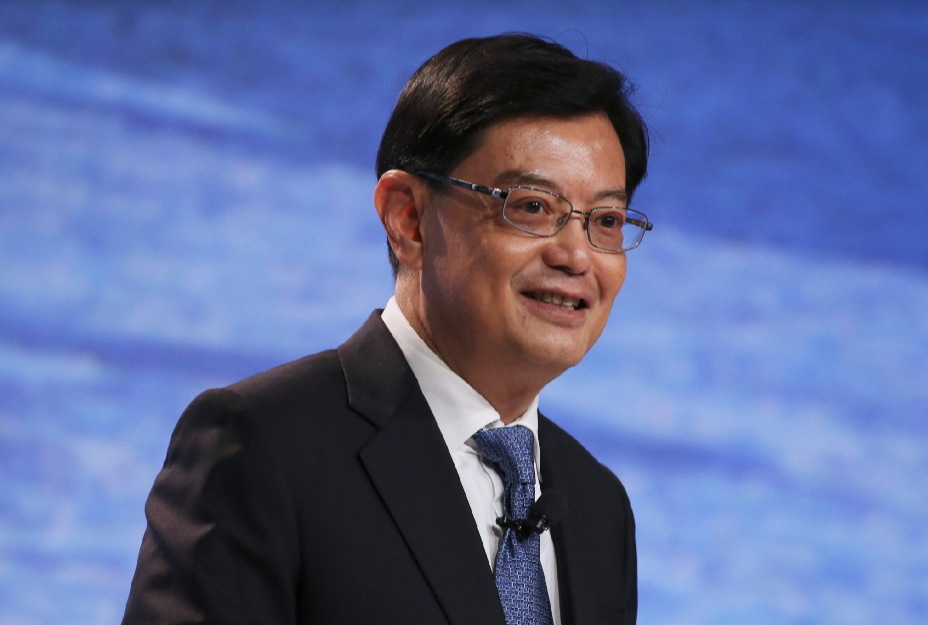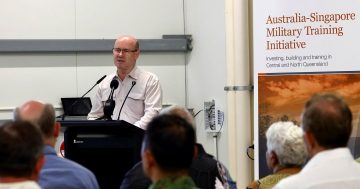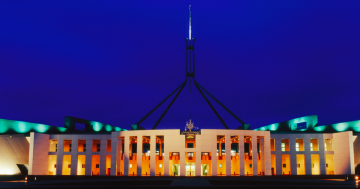
Singapore’s Deputy Prime Minister Heng Swee Keat has called on the public service for new ideas. Photo: Singapore Government.
Singapore’s Deputy Prime Minister has called upon public servants to “rethink” government policies and the ways in which they are implemented, rather than just working to streamline those that are already in operation.
Heng Swee Keat said by doing so, the bureaucracy would be making a positive difference to Singaporeans.
However, one commentator said Mr Heng’s exhortations were nothing new, and more was needed to keep the Public Service in line.
Speaking to more than 750 senior bureaucrats at the annual Public Service Leadership Ceremony, Mr Heng said knowledge and experience must be coupled with empathy and a willingness to do things differently if necessary.
He listed some innovative policy changes that had bettered the lives of Singaporeans, including the ComLink scheme that coordinates support for poor families facing
multiple social issues.
Mr Heng also highlighted new automated lanes at the republic’s entry points. These will allow Singapore residents and visitors to clear immigration without a passport when the lanes are implemented in stages by the Immigration and Checkpoints Authority from next year onwards.
“As the age-old public service wisdom goes — policy is implementation. We must both design good policies and deliver them well. This is how we sustain and renew trust with citizens,” Mr Heng said.
“Amid the rise of identity politics in a post-truth world, the Public Service cannot take Singapore’s success for granted and must continue to invest in good governance and leadership.”
He said the public service should enhance its partnership with younger generations.
“To build a better Singapore for the future, we must foster a deeper sense of citizenship, belonging and togetherness,” Mr Heng said. “In this way, regardless of the rough and tumbles ahead, we can tackle the challenges together, and emerge stronger.”
Head of the Public Service, Leo Yip stressed the need to “relentlessly improve and transform” the way bureaucracy worked “to spare no effort to develop its people, and for leaders to show the way by developing themselves to lead better”.
“In a changing world, our leadership must remain adaptive whilst we stay anchored on our purpose and our values… These are fundamental areas of focus for us to become better individuals, better leaders and collectively, a better public service,” Mr Yip said.
Writing in the Straits Times newspaper, commentator, Danny Chow said much more needed to be done at grassroots level.
“For a start, the service should respond more consistently to public complaints published in the press. Letters are at times ignored,” Mr Chow said.
“Most of the time, the responses take the template reply of thanking the writer, followed by a reiteration of current policies, why they are good, and ending with an invitation to visit their website for more information — in other words, members of the public are at times given short shrift.”
He said if the public service was serious about its commitment to serving the public with empathy, it had to do better.
“Having a scorecard of the improvements it has made over the years and sharing it with the public would be a good start,” Mr Chow said.











